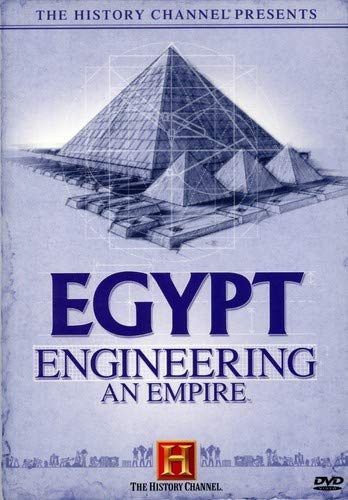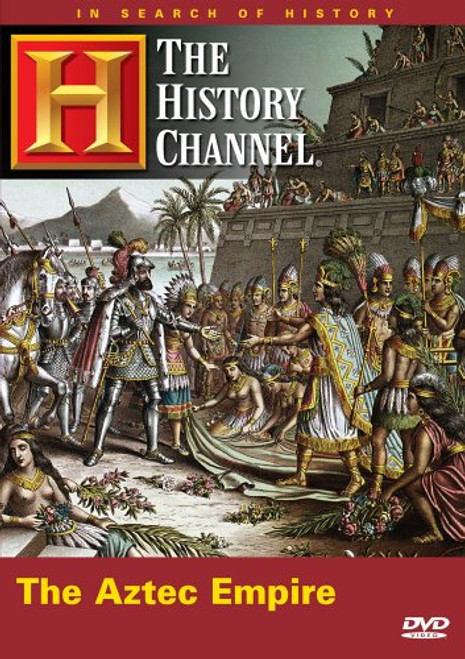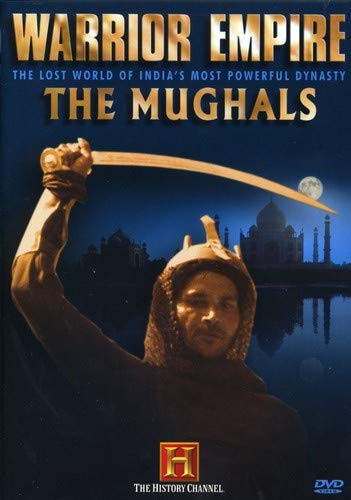Amazon.com
Some of mankind's greatest achievements are explored and celebrated in Engineering an Empire, a sprawling, ambitious series produced by the History Channel and consisting of 12 episodes spread out over four discs. The scope is wide, both geographically (from China to Central America, from the cities of Western Europe to the plains of Siberia) and temporally (from thousands of years ago to the relatively recent past), but the focus is on specific engineering and architectural projects undertaken by the various civilizations under discussion--not just the what and the why, but more importantly, how some of these ingenious endeavors were accomplished.
A number of the structures and monuments examined here will certainly be familiar to viewers. The Great Wall of China, described as "the most ambitious engineering project ever undertaken," was centuries in the making yet only partially successful as a means of defense. Paris' Notre Dame cathedral, that glorious celebration of the Gothic notions of height, light, and space, was made possible only by the innovative system of flying buttresses used to support its walls, while the Eiffel Tower, defying both the conventions of construction and the tastes of most Parisians, was built in less than two years. In Florence, Filippo Brunelleschi overcame many obstacles in order to complete a magnificent brick dome for the Basilica di Santa Maria del Fiore, now better known simply as the Duomo; in Athens, 30,000 tons of marble was hauled for ten miles to make the Parthenon. Yet as fascinating as these tales are, just as absorbing are some of the more mundane and lesser-known feats, like the canals, tunnels, and aqueducts used for delivering water, the techniques created for rooting and stabilizing enormous structures, or the hoists and cranes devised to lift tons of building materials hundreds of feet into the air.
The execution is typical of the History Channel, including interviews with experts, decent reenactment footage, and computer-generated diagrams and drawings. The series strives for a balance of scholarship (actor Peter Weller, the on-screen host, is identified only as a lecturer at Syracuse University--apparently "star of RoboCop" was deemed undignified) and entertainment (the dramatic and portentous voiceover narration overrelies on words like "amazing," "incredible," and "unparalleled"). A good deal of genuinely informative historical context is also provided, recounting the rises and falls of king
The History Channel Presents Engineering an Empire
Was:
$133.98
Now:
$66.99
- SKU:
- ZDF1032948
- UPC:
- 733961768473
- Condition:
- New
- Availability:
- Free Shipping from the USA. Estimated 2-4 days delivery.







